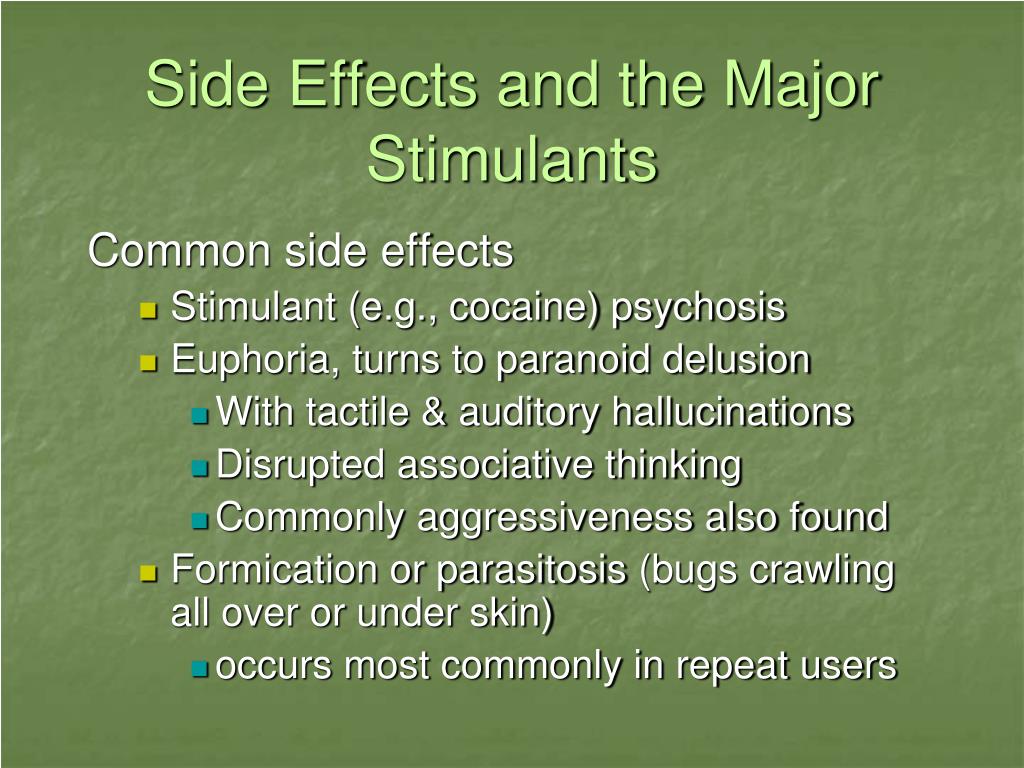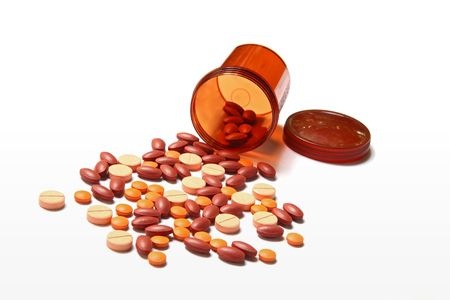

The Drug Abuse Warning Network report found that the number of emergency room visits involving methamphetamines increased from 64,117 in 2009 to 102,961 in 2011.Out of all drug overdose deaths in 2017, almost 15% involved psychostimulants.From 2015 to 2016, psychostimulant-involved death rates increased by 33%.Psychostimulants, including amphetamines, MDMA and Ritalin, were involved in 10,333 deaths in 2017 compared to 7,542 deaths in 2016.The number of amphetamine-related hospitalizations increased from 69 visits per 100,000 adults in the U.S.

Statistics on amphetamine overdoses show a growing issue. Some of these changes caused by amphetamine overdose may have permanent effects including cognitive deficits, increased anxiety, deficits in cardiovascular function and impaired liver and kidney functioning. Brain edema can result in damage to brain cells that may be permanent.Īn amphetamine overdose can lead to various cardiovascular issues such as myocardial ischemia and infarction, aortic dissection, brain hemorrhage and ischemic stroke. Hyperthermia caused by amphetamines can increase the permeability of the blood-brain barrier resulting in the accumulation of fluids in the brain or cerebral edema. An amphetamine overdose may also result in impaired judgment and increased risk-taking behavior. Some of the more severe effects of amphetamine overdose include hypertension, renal and liver damage or failure, hyperthermia, seizures and coma.

Some of the psychological effects of amphetamine overdose include increased confusion, agitation, hallucinations, paranoia and panic. When this happens, the person may be more likely to experience other cardiovascular issues, such as arrhythmias and myocardial infarction, due to an overdose of amphetamines. Some of the common physical effects of amphetamine overdose are symptoms of sympathetic nervous system activation including chest pain, arrhythmia, seizures, difficulty breathing.Ĭhronic use of amphetamines may result in ventricular hypertrophy (thickening of the heart walls) and coronary artery atherosclerosis (plaque buildup in the artery). The effects of amphetamine overdose may vary from person to person and may depend on the age of the individual and the frequency and dose of drug intake.

The symptoms of an amphetamine overdose can vary from person to person and involve both physical and psychological symptoms. The use of other substances such as alcohol, opioids or cannabis along with amphetamines can also increase the potential for toxic effects. Taking amphetamines in a way that rapidly increases the amount of the drug in blood levels may also increase the likelihood of an overdose. However, higher doses and increased frequency of use may increase the risk of an amphetamine overdose. An overdose with amphetamines can occur even at low doses and in first-time users. Amphetamine Overdose AmountsĪmphetamines can produce a toxic reaction regardless of the amount taken. An amphetamine overdose can occur regardless of dose, frequency of use or how the drug was taken and can have life-threatening consequences. However, amphetamines have a high potential for abuse and are used recreationally for their ability to produce a euphoric high or to improve athletic or academic performance. Amphetamines are psychostimulant drugs used at low doses to treat attention-deficit hyperactivity disorder (ADHD), obesity and narcolepsy.


 0 kommentar(er)
0 kommentar(er)
